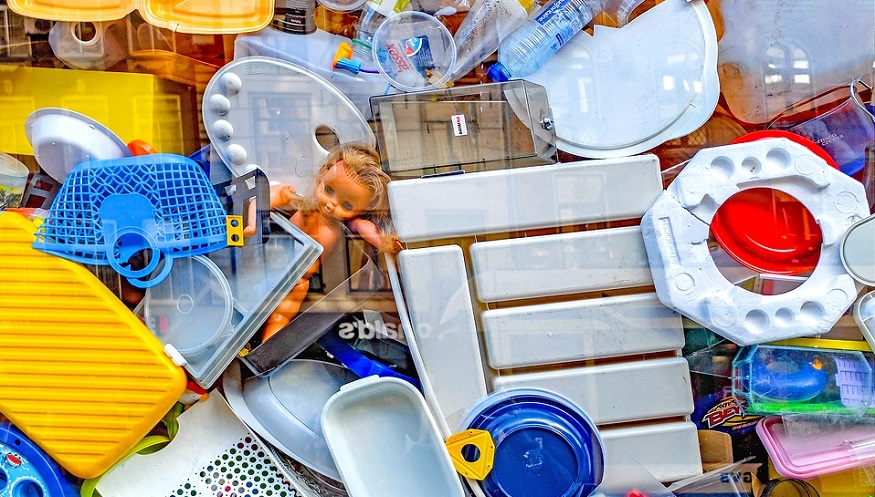
Italian molecular recycling project launches through LyondellBasell
September 18, 2020The plastics, chemical and refining giant has opened its MoReTec facility in Ferrara.
LyondellBasell, one of the world’s largest plastics, chemicals, and refining companies, has launched a new molecular recycling facility called MoReTec, in Ferrara, Italy.
The facility’s proprietary tech is meant to return post-consumer plastic waste into new material plastic.
The proprietary technology used in the MoReTec molecular recycling facility uses post-consumer plastic to break down to its molecules which can be used for producing new plastic materials.
“Ending plastic waste in the environment and advancing the circular economy are key sustainability focus areas for our company,” explained Jim Seward, senior vice president of research and development (R&D), technology and sustainability at LyondellBasell.
“With our advanced plastics recycling technology, we return larger volumes of plastic waste back into the value chain and produce new materials for high-quality applications, retaining their value for as long as possible,” added Seward.
The plastics made through the molecular recycling will be used in healthcare and food packaging items.
Plastics for food packaging and healthcare products must meet strict regulatory requirements. That said, the technology makes it possible to produce plastic molecules that will comply with those regulations.
LyondellBasell conducts foundation research for growing the polymers industry toward advanced forms of technology to recycle post-consumer plastics. Two years ago, it announced a partnership with the Karlsruhe Institute of Technology (KIT) in Germany. This collaboration was established for propelling the molecular plastics recycling efforts forward.
The MoReTec facility’s technology was proved through the collaboration at the laboratory scale. By October last year, the company had announced that the Ferrara pilot plant’s construction would be beginning. Nearly a year later, LyondellBasell’s research and development teams from the United States, Italy, and Germany are pursuing new commercial-scale application potential for the proprietary tech.
The pilot molecular recycling plant has an hourly processing capacity of about 5 to 10 kilograms (11 to 22 pounds) of household plastic waste. Its operation will continue to build on existing research. The team behind the project aims to understand the way various forms of waste interact  within this technology’s process, test different catalysts, and confirm the time and temperature the process requires.
within this technology’s process, test different catalysts, and confirm the time and temperature the process requires.



 With over 15 years of reporting hydrogen news, we are your premier source for the latest updates and insights in hydrogen and renewable energy.
With over 15 years of reporting hydrogen news, we are your premier source for the latest updates and insights in hydrogen and renewable energy.